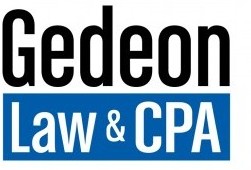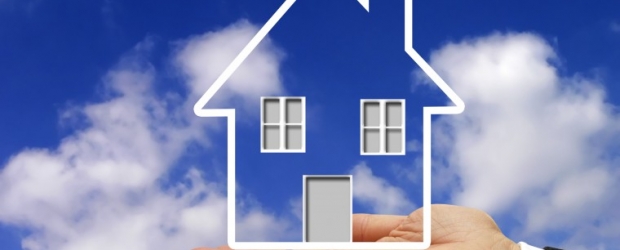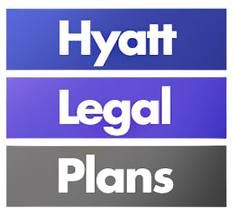We recently met with one of our clients who runs a very successful day spa and salon in the South Bay.
Our client was thinking of expanding their facilities and making renovations because it had been a long time since their premises were last upgraded. Our client estimated the improvements would cost about $1,000,000.
With some tax planning, we showed our client how making an investment in leasehold improvements this year, as opposed to waiting until next year, would generate an additional tax deduction of $612,878 in 2013 alone.
Whether you’re a commercial landlord or a tenant leasing office or retail space, 2013 will be the last year you get to claim a special tax deduction for “qualified leasehold improvements” placed in service on or before December 31, 2013.
In our client’s case, why did 2013 provide a greater tax break than waiting until 2014 to make the improvements? Simple.
In 2013, qualified leasehold improvements are entitled to the following write offs:
Section 179 deduction of up to $250,000;
50% bonus depreciation and
15 year depreciation
By comparison, in 2014 or beyond, our client would only be entitled to depreciate the improvements over 39 years.
You don’t need a PhD in accounting to realize the difference in tax savings in 2013 over 2014.
Examining our clients situation further, making the improvements in 2014 would generate a tax deduction of $24,610 in the first year. On the other hand, those same improvements made in 2013 would create a tax write off of $612,878, which is calculated as follows:
1. $250,000 in Section 179,
2. $375,000 in bonus depreciation, and
3. $12,488 in regular depreciation
Clearly, if you are a landlord or business owner, then you should really be sitting down with your CPA to think about what qualified leasehold improvements you can make within your budget.
Moreover, you’ll want to sit down with your CPA to determine whether the improvements will actually qualify as qualified leasehold improvement property because the tax code has special rules and restrictions for determining what improvements actually qualify for this special depreciation treatment.
Some of the more common qualified leasehold improvement property include, among others, utilities, walls, windows, plumbing, HVAC, flooring and interior finishes.
If you are thinking about making improvements to your commercial or business property, then let the tax professionals at Gedeon Law & CPA assist you in taking advantage of the accelerated tax deductions set to expire at the end of this year.




